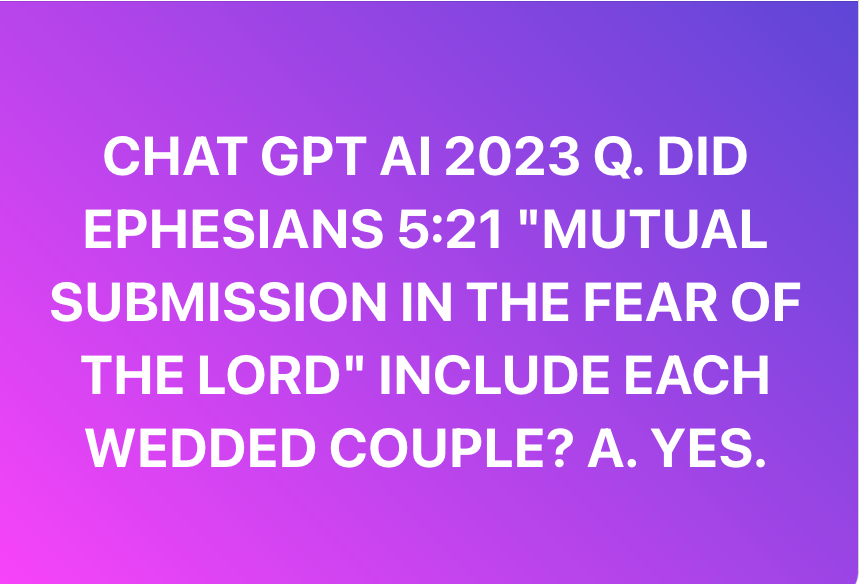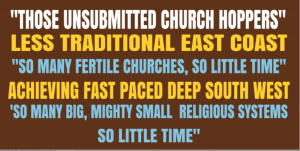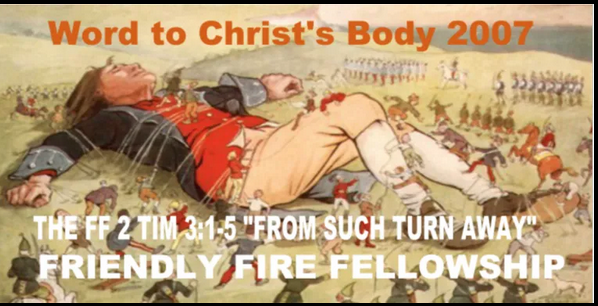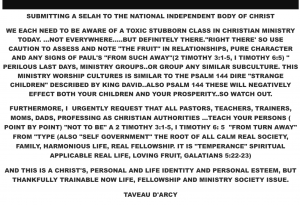The “Relationship Respect & Value ” Factor
Was Judas a Social Climber?
A Biblical Reflection on Ambition and Misplaced Motives
(C)2025 Taveau D’Arcy | EORR Cross Body Unity International
all copyrights reserved under international copyright laws
In today’s society, ambition often disguises itself as drive, influence, or even “favor.” But in the Bible, we occasionally find individuals who used spiritual or political proximity to gain something entirely personal. One of the most chilling examples may be Judas Iscariot. Was he merely a betrayer? Or was he a classic social climber—someone who used others to gain access, power, and position?
The Ambitious Treasurer
Judas wasn’t just a random figure on the sidelines—he was one of the original twelve apostles. He traveled with Jesus, witnessed miracles, and held a place of trust as the group’s treasurer. However, John 12:6 reveals his character:
“He did not say this because he cared about the poor but because he was a thief; as keeper of the money bag, he used to help himself to what was put into it.”
This is our first clue. Judas used his position not to serve, but to enrich himself—quietly and deceptively. A social climber often hides behind appearances, and Judas fit that description well.
Aligning with the Powerful for Gain
In Matthew 26:14–16, Judas made a deliberate move to switch alliances:
“Then one of the twelve, the one called Judas Iscariot, went to the chief priests and asked, ‘What are you willing to give me if I deliver him over to you?’ So they counted out for him thirty pieces of silver.”
This was not a spontaneous betrayal. Judas approached the religious elites, the establishment, and offered them what they wanted—access to Jesus—in exchange for personal gain. That’s classic political maneuvering.
Was Judas hoping to curry favor? Was he disappointed Jesus wasn’t moving fast enough to establish an earthly kingdom? We don’t know all the motives, but we do see the action: betrayal for status, money, or perhaps a perceived higher seat at someone else’s table.
When Earthly Ambition Collapses
Judas’s story doesn’t end with silver. It ends with despair.
Matthew 27:3–5 recounts:
“When Judas, who had betrayed him, saw that Jesus was condemned, he was seized with remorse… So Judas threw the money into the temple and left. Then he went away and hanged himself.”
This is the sobering end of every false alliance. The system he hoped would reward him rejected him. The money he gained haunted him. The master he betrayed chose meekness, not retaliation—and Judas couldn’t live with the fallout.
What Judas Teaches Us Today
-
Leadership is not about status—it’s about service.
Judas sought position without true transformation. -
Discern your motives.
Even in spiritual or ministry settings, unchecked ambition can corrupt. -
Don’t trade eternal purpose for temporary influence.
Judas gave up his seat among the apostles for silver coins and social favor that didn’t last.
Other Social Climbers in the Bible: Names, Scriptures, and Lessons
The Bible is rich with stories of individuals who tried to manipulate their way into influence. Here are just a few:
1. Absalom
2 Samuel 15:1–6
He campaigned for the throne by charming the people and undermining his father King David.
2. Adonijah
1 Kings 1:5–6
Declared himself king without David’s blessing and threw a public celebration to gain attention.
3. Haman
Esther 3:1–5; 5:9–14
Used status for personal pride and plotted to destroy those he viewed as threats—only to be brought low.
4. Simon the Sorcerer
Acts 8:18–23
Tried to buy spiritual authority from the apostles so he could maintain power and public admiration.
5. Diotrephes
3 John 9–10
Loved to be first, rejected true authority, and spread malicious gossip to protect his status.
6. Some Pharisees and Scribes
Matthew 23:5–7
Jesus said they did all their works to be seen by others and loved titles, greetings, and religious prominence
Final Thoughts
The Bible warns us of the dangers of seeking position without submission, influence without integrity, and status without servanthood. Whether it’s Judas or Haman, Simon Magus or Absalom—the pattern remains.
The Kingdom of God isn’t about climbing ladders—it’s about carrying crosses. And in that, we learn the difference between real authority and man-made power.
To Support:
(C)2025 Taveau D’Arcy all copyrights reserved under international copyright laws in conjunction with AI











































































































